The annual alewife run in spring — a steadily increasing migration that now numbers in the millions thanks to the removal of dams and construction of passageways — has become a landmark event in Maine. Alewives — small, silver fish typically sold to lobstermen for bait — are harvested in communities across the state from early May to early June.
Rick Lawrence, Benton’s Alewife Warden, said that harvesters at the Benton Falls Dam lifted more than 30,000 fish from the Sebasticook River over the weekend of May 16-17.
“The harvest is off to a good start,” Lawrence said. “There’s four to five guys harvesting on the East side of the dam, and they’ve filled about 74 crates on Saturday and 72 crates on Sunday.”
The annual Benton Alewife Festival, which would have celebrated its ninth year on May 16 with events at and around the dam and fish lift, was canceled because of the coronavirus pandemic, but the migrating fish, the people who harvest them, and the wildlife that feed on them are at the peak of the spring run thanks to the efforts of organizations and individuals to reopen Maine’s waterways to the naturally returning fish.

Alewives run up the Sebasticook River in Benton on Friday as Brandon Bezio, left, and Tommy Keister, right, haul a net of the silver fish. Michael G. Seamans/Morning Sentinel Buy this Photo
AN HISTORICAL IMPERATIVE
“Historically, alewives existed in such huge numbers that predators could take a chunk out of their population and there was always plenty more,” said Landis Hudson, executive director of Maine Rivers, an organization that aims to protect, restore and enhance the quality of Maine’s rivers.
“Because of dams, poorly placed road culverts, pollution, their numbers have dropped and are much lower than they were historically. So there are a lot of organizations that are working on alewife restoration projects.”
The comeback of the migratory fish is due in large part to the removal of obstacles, primarily dams, from streams and rivers between the ocean and fresh water lakes, where the fish, which travel in large schools, migrate to spawn in the springtime, Hudson said.
“We’ve had remarkably impressive results from the restoration work that we’ve done in Maine, starting 20 years ago with the removal of the Edwards Dam in Augusta and the removal of the Fort Halifax Dam upstream, so that’s how fish are now able to get up to Benton Falls,” Hudson said.
“It’s these two big projects that have opened up a lot of historic habitat in places where alewives would want to go to spawn and reproduce.”
But Hudson and her organization and others are going further. “We’re essentially reopening up access to habitat in streams and lakes for this migratory species.”

Jacob Howard, a senior at Unity College studying fisheries and wildlife management, monitors the flow of alewives over the dam Saturday at the Benton Falls Dam on the Sebasticook River in Benton. Michael G. Seamans/Morning Sentinel Buy this Photo
BENTON FALLS
At Benton Falls, the alewife count rose from an estimated 400,000 during the harvest in 2008 to a record 5.7 million in 2018. The count in 2019 was 3,493,855, according to Jacob Howard, a Unity College senior intern monitoring the flow of fish at the falls on Saturday.
Nate Gray, a scientist with the Maine Department of Marine Resources, said it’s hard to predict the number of fish that will return in a single harvest.
“There’s a lot that goes into it,” Gray said during a phone call on Wednesday. “So it’s hard to prognosticate on what a year’s run strength will be based on several factors.”
Factors include water temperature, rainfall and predators who eat the alewives.
“The chances of surviving from egg to adult are very small,” Gray said. “The average alewife female produces upwards of 100,000 eggs, and of those 100,000 eggs, perhaps two might survive from age zero to 4 years old.”
Even so, Gray estimates the number of alewives that will return to Benton Falls during this year’s harvest “in the millions.”
Hudson described the fish as a keystone species. The fish are not only critical to the lobstermen who buy them to use as bait. They hold together a large ecosystem, and their removal has a drastic impact on other species and organisms.
“They are eaten by an incredibly wide variety of creatures including bear, mink, weasels, seals, osprey and eagles,” Hudson said. “Their restoration is very important in reconnecting food chains that have been broken and are part of the problems in the Gulf of Maine.”

Ernie Wallace and Tommy Keister haul a net of alewives into a waiting crate Tuesday at the Benton Falls Dam on the Sebasticook River. Michael G. Seamans/Morning Sentinel Buy this Photo
CHINA LAKE RESTORATION
The removal of the Edwards Dam in 1999 and the Fort Halifax Dam in Winslow in 2008 restored a path alewives take from the ocean to the Sebasticook River and to the China Lake Outlet Stream. But to further encourage the alewives comeback, Maine Rivers, the Sebasticook Regional Land Trust, the Department of Marine Resources and other organizations launched a larger restoration project.
The China Lake Alewife Restoration Initiative is a six-step project to remove obsolete dams and establish passages for the fish to get from the Sebasticook River to China Lake, which offers around 3,850 acres of spawning habitat.
“Our project is working on obsolete dams that are not dams that have produced hydro power, and we’ve worked on six sites along the China Lake outlet stream,” Hudson said. “In many ways, it’s similar to rivers and streams throughout the state in that there are old dams left behind that served a purpose generations ago and no longer serve a purpose. In this case, it blocks access to China Lake which of course is a very large lake that could support a large number of spawning alewives.”
The Lombard Dam and Masse Dam have already been removed and a technical fishway at the Box Mill Dam was completed in December. A similar project will begin this July at the Ladd Dam.
The remainder of the project includes restoring a fish passage at the Morneau Dam and installing a fish passage at the Outlet Dam.
The completion of the China Lake restoration initiative will allow passage for 800,000 to 950,000 alewives.

Brandon Bezio crates alewives Tuesday on the banks of the Sebasticook River at the Benton Falls Dam. Michael G. Seamans/Morning Sentinel Buy this Photo
RESTORATION AND ESSENTIAL FISHERMEN
“We’re seeing these restoration efforts that will have a great long-term benefit to the ecosystems in which they occur,” Gray said. “It really is remarkable, and I really can’t say enough about Maine Rivers and Landis Hudson … the state doesn’t have the resources to do it all by itself, so it needs the groups like Maine Rivers to advocate for the alewife restoration.”
Hudson said funding for the project has come from the Maine Community Foundation, Maine Outdoor Heritage Fund, the town of Vassalboro and many individual contributions.
“The fish are coming,” Hudson said. “It’s too bad that the festival won’t happen this year, but the fish don’t know that the people are socially distancing, so we hope it will be a good year for them.”
The coronavirus pandemic has thrown off other commercial alewife harvests because of social distancing guidelines set by the state and the Center for Disease Control, according to Jeff Pierce, the founder and executive director of Alewife Harvesters of Maine.
“The harvests will happen. Luckily fishermen are considered essential,” Pierce said during a phone call on April 20. “It’s going to vary from town to town about how they will execute it. … at some runs they will be doing delivery only. There won’t be people waiting and taking numbers. That’s not feasible right now.”
In towns like Vassalboro and Jefferson, social distancing is easy to implement since there are fewer than three fishermen who harvest the alewives.
Other communities in Maine that operate commercial alewife harvests are Alna, Bath, Cherryfield, Dresden, East Machias, Ellsworth, Franklin, Gouldsboro, Newcastle, Nobleboro, Orland, Perry, Sullivan, Warren and Woolwich.
Send questions/comments to the editors.


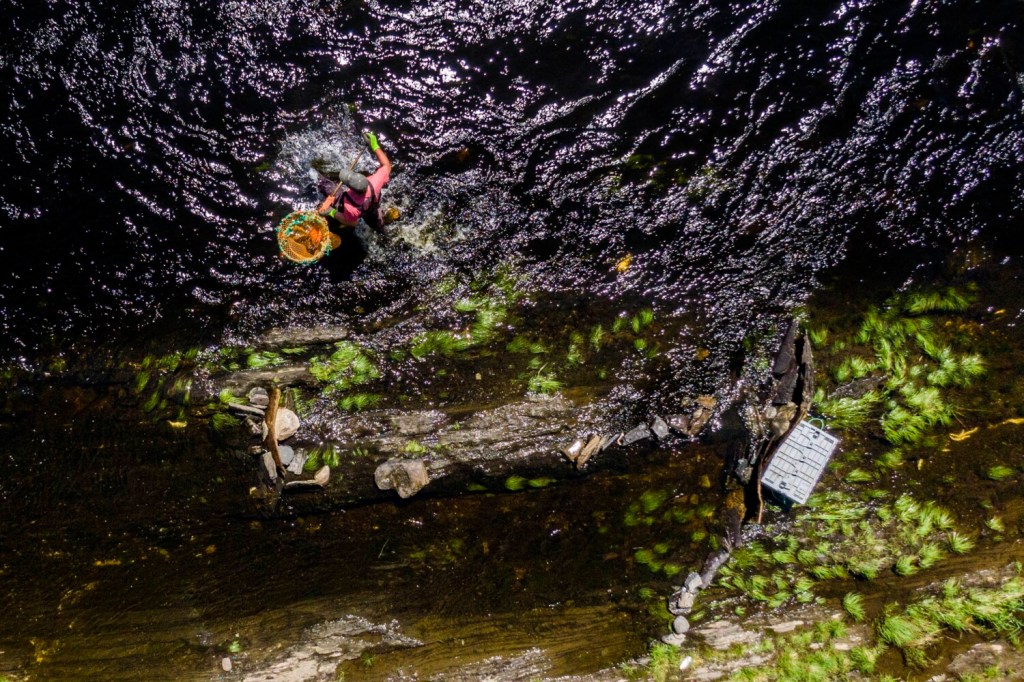
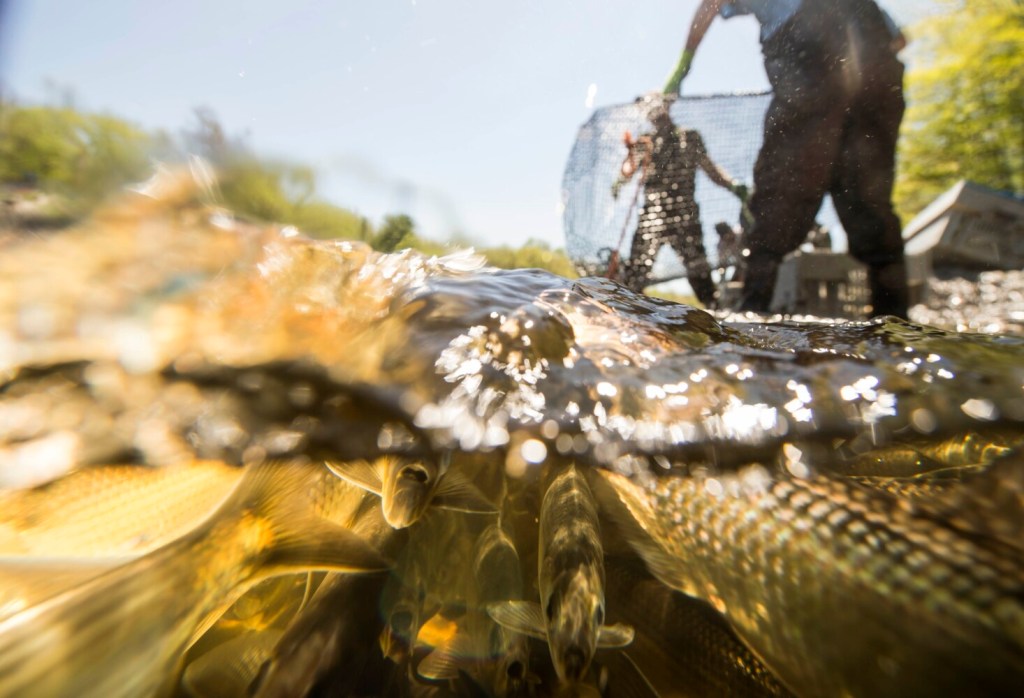

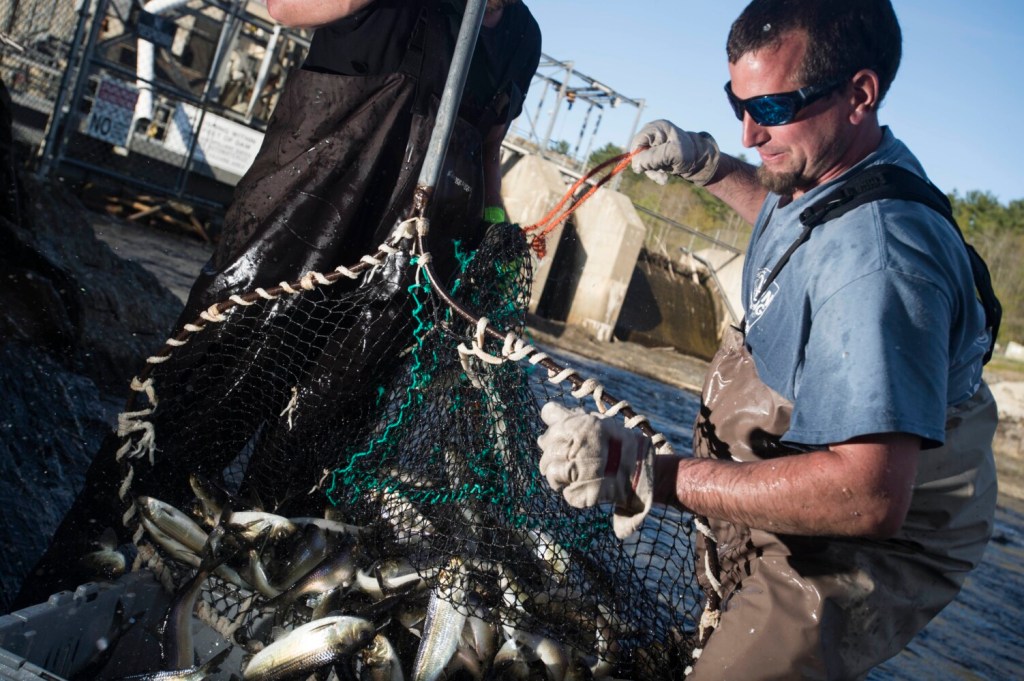
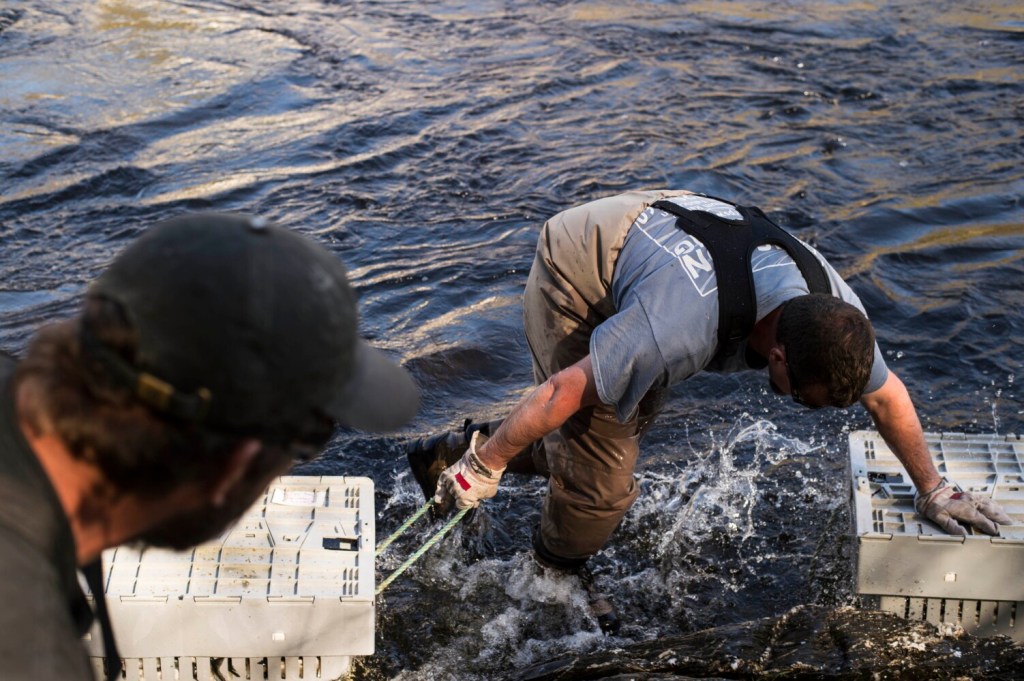

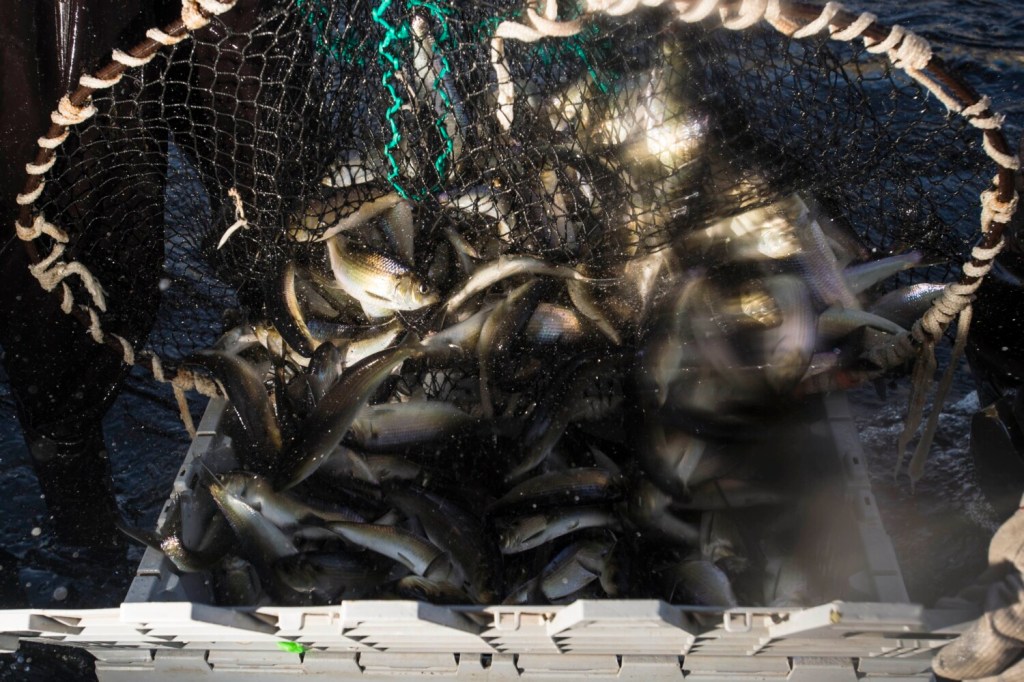
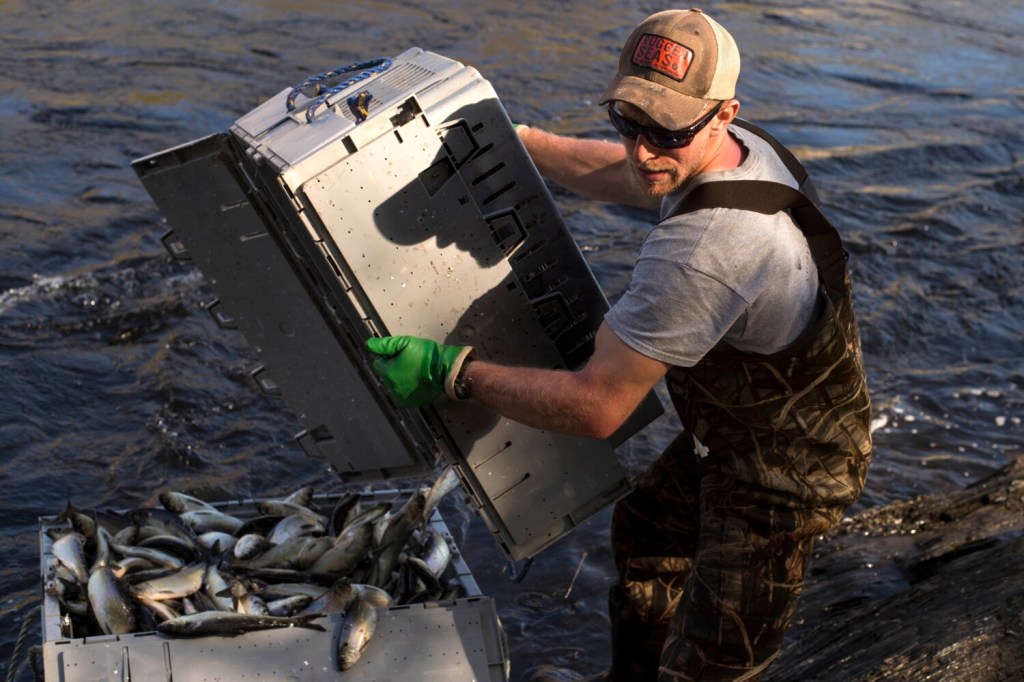
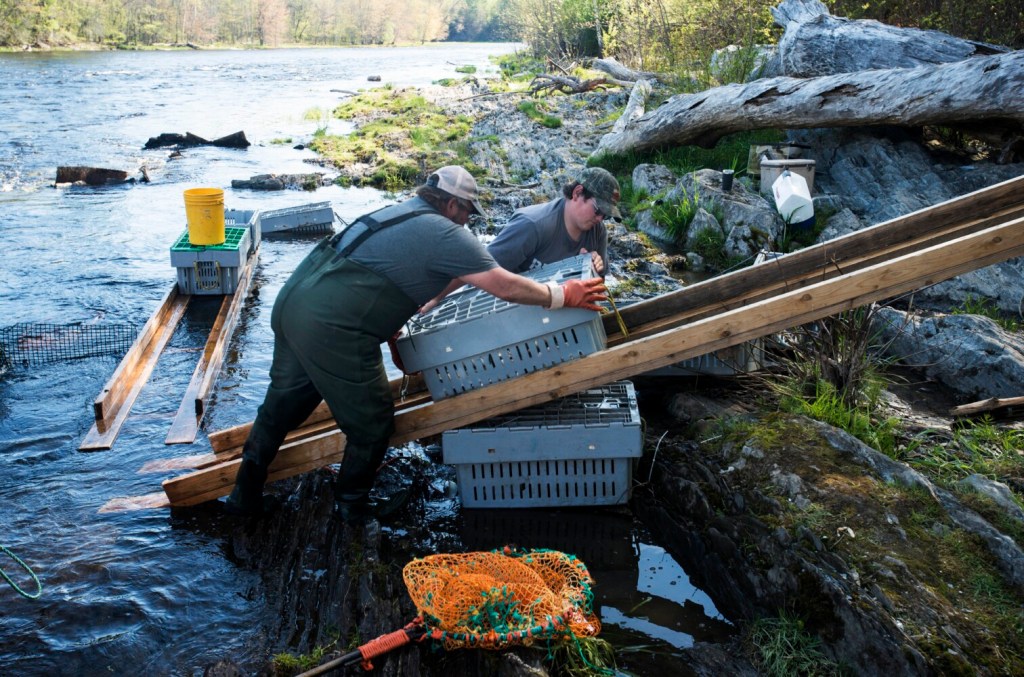
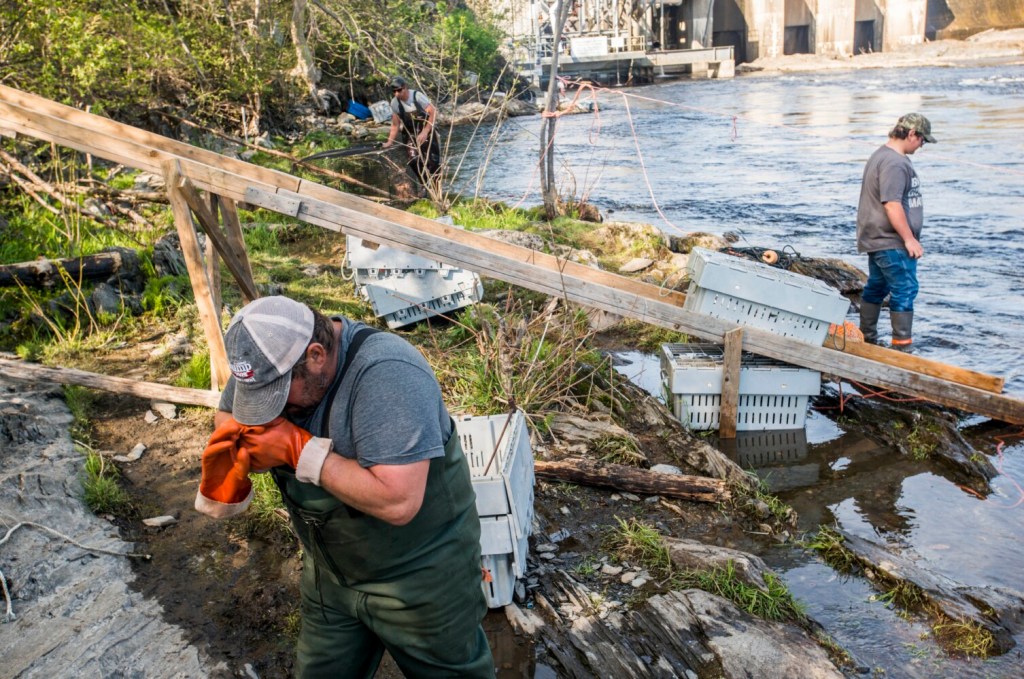
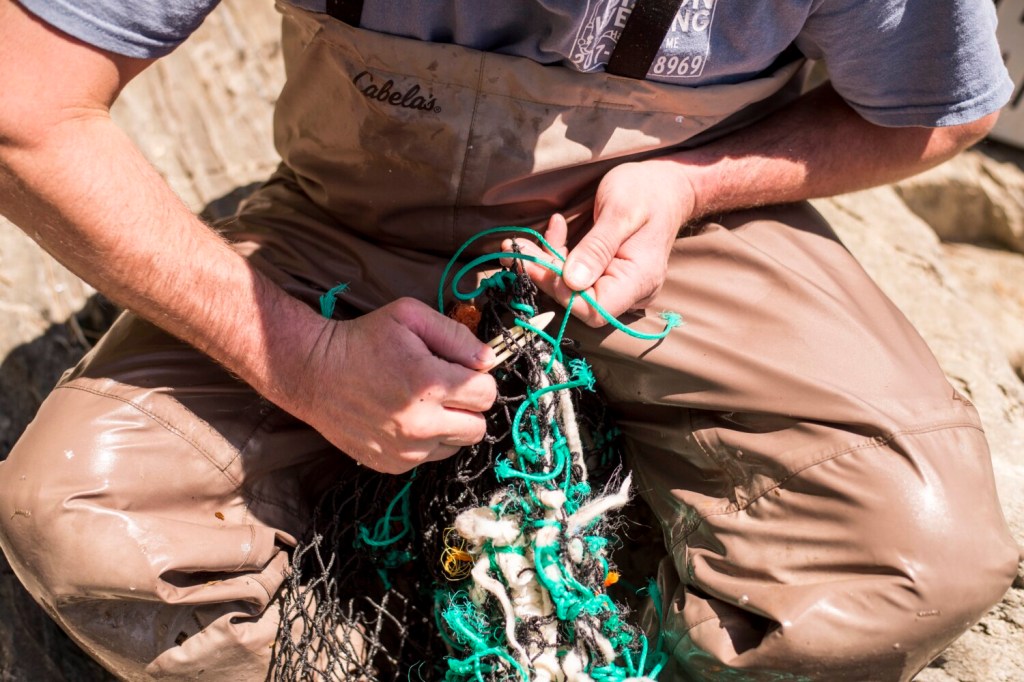
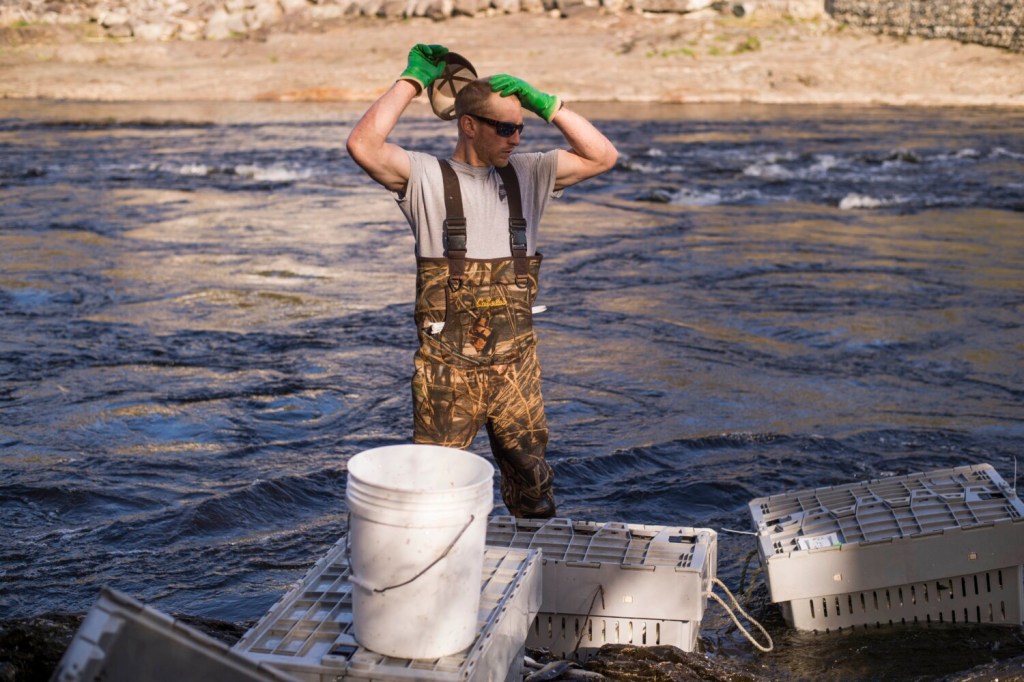
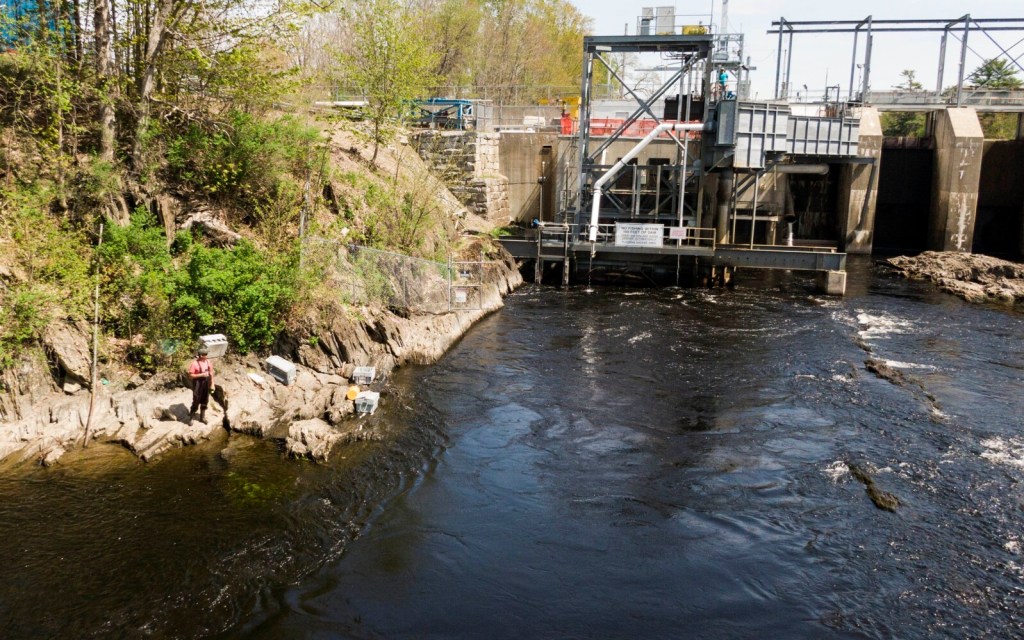


Comments are no longer available on this story